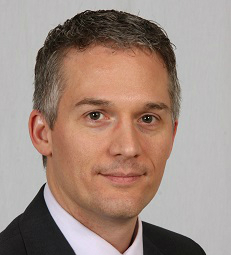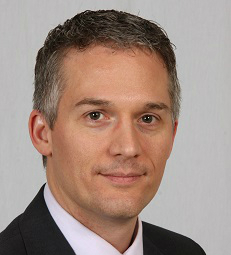What do school-based drug educators and sex educators have to learn from one another? Perhaps a great deal, especially considering some of the historical parallels of the evolution of these subjects in the curriculum and the perennial challenges they have posed to parents, teachers, and school administrators.
In North America, school-based drug education first began with the efforts of “temperance” (i.e., anti-alcohol) campaigners, such as the Woman’s Christian Temperance Union (WCTU), in the 1880s. Relatively new institutions at the time, public schools were regarded by such moral reformers as ideal spaces to advance their progressive causes. By the turn of the 20th century, most students were exposed to some form of temperance instruction, urging them not only to abstain from alcohol drinking, but also to support the political cause of alcohol prohibition.
Sex education was an even more daunting subject for schools to embrace, due in part to lingering Victorian-era puritanical attitudes towards even talking about sexuality. However, by the end of the 1914-1918 Great War, concerns about sexually transmitted infections among returning soldiers and the perceived public health crisis of “self-abuse” (i.e. masturbation) eventually opened classroom doors to the taboo subject of sex education.
The similarities of early approaches to drug education and sex education are striking. They both adopted the rhetoric and practices of science to inculcate essentially moral attitudes about these behaviours. They also drew heavily on principles of social Darwinism, suggesting that behaviours as such autoerotic or pre-marital sexual activity, and psychoactive substance use (other than caffeinated drinks and tobacco), were atavistic and degenerate. By the mid-20th century, temperance and sex education efforts in many schools had waned, but where they were undertaken, it was with little evolution from the earlier inaugural “social hygiene” programs.
In the 1960s, however, as the baby boom generation came of age, both sexuality and drug use became renewed public, political, and thereby educational, concerns. The sexual revolution of this era led to previously unimaginable topics for discussion in school classrooms, including homosexuality, masturbation and birth control. As a result, secular sex education classes have evolved significantly from the morally charged didacticism of a century ago.
By contrast, the escalation of the war on (some) drugs in the 1970s and 1980s resulted in most schools embracing scare-tactic methods in drug “education,” with abstinence-based programs not greatly different in instructional method and philosophical content to the temperance instruction pioneered by WCTU. For example, in some popular programs, uniformed police officers visit school classrooms to deliver lessons about drugs, a role and exercise significantly comparable to celibate clergy providing sex education.
A common challenge to delivering both sex and drug education in schools is a latent concern about affording young people transgressive knowledge: that openly discussing these topics—especially their pleasurable or other appealing aspects—will inflame the desire to try them. Thus, many parents and educators have supposed that the prevention of knowledge—sometimes protective, even life-saving, knowledge—is a viable means to preventing undesirable behaviours. However, in the information-saturated 21st century, when youth are avidly online for learning and socializing, the impulse to preserve innocence and moral purity through deliberate ignorance is unfounded.
What is the take-home lesson for today’s sex and drug educators? The naïve “just say no” indoctrinatory approach of yesteryear must become the “just say know” educational imperative of tomorrow.

Author: Kenneth W. Tupper, Adjunct Professor, School of Population and Public Health, University of British Columbia.
This blog post is adapted from Kenneth’s article, “Sex, drugs and the honour roll: The perennial challenges of addressing moral purity issues in schools,” published in the journal Critical Public Health (2014, vol. 23, no. 2, pp. 115-141, doi:10.1080/09581596.2013.862517)
**Please note that the material presented here does not necessarily imply endorsement or agreement by individuals at the Centre for Addictions Research of BC



